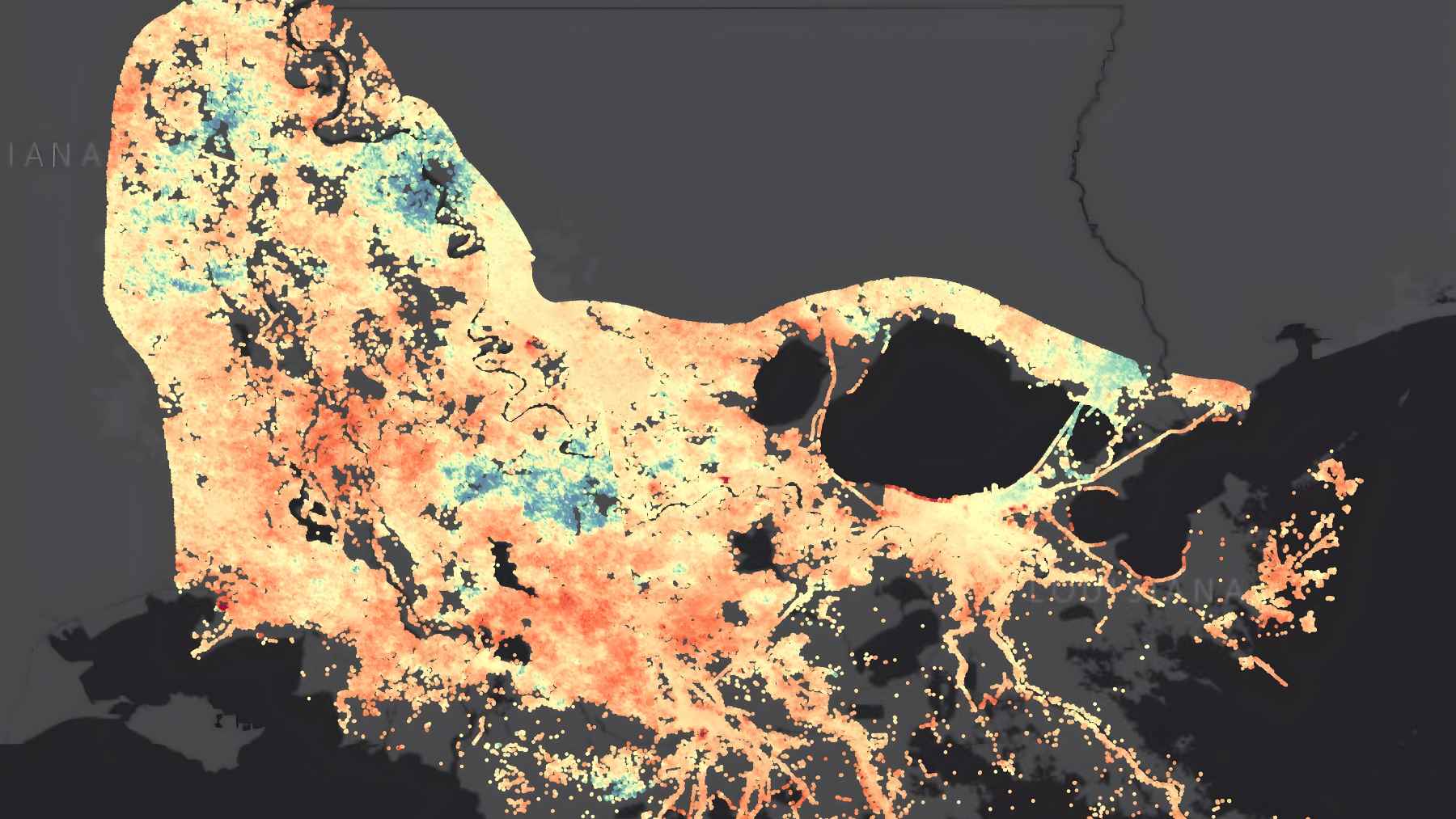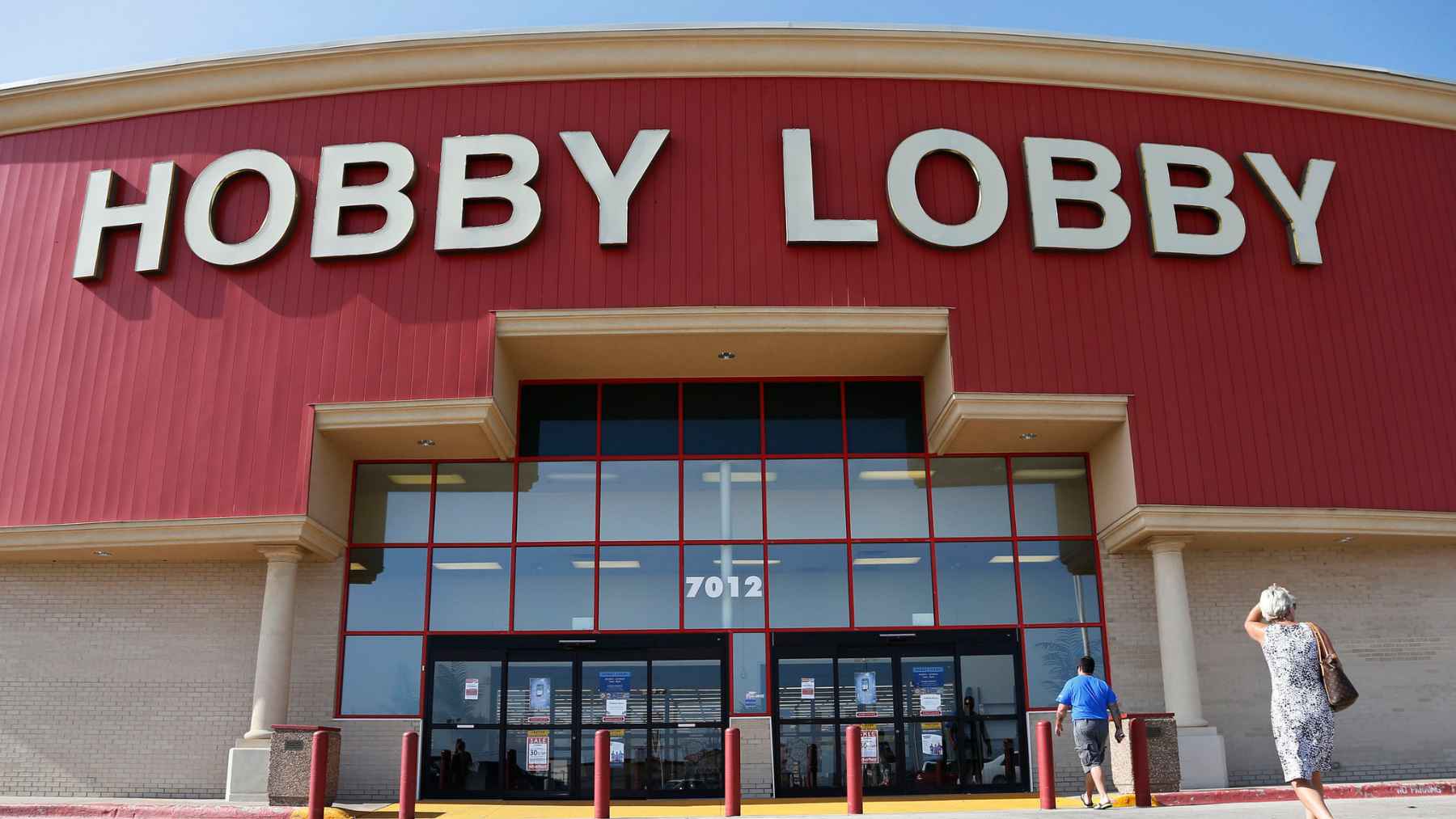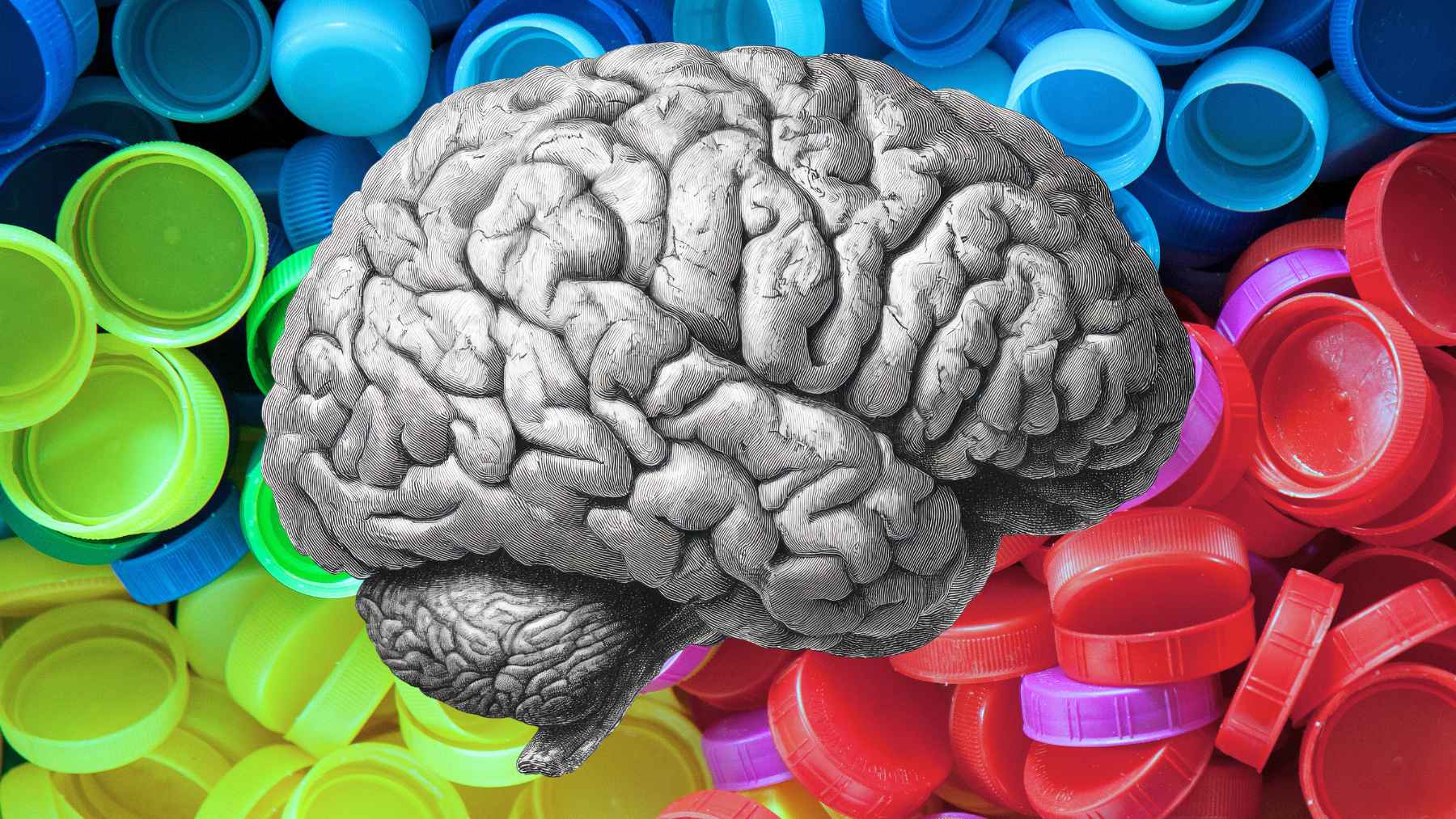Residents in this state on Medicaid have new changes coming their way. Social support programs are an essential way to ensure that vulnerable residents have access to resources, which ensure that all individuals have access to basic essential services and resources such as food, housing, educational opportunities, and medical care. These programs are essential to reducing inequality and breaking poverty cycles to ensure the long-term health of the social ecosystem of a country.
Social support provides equal access opportunities
Social support programs provide equitable opportunities for individuals to reduce barriers preventing them from participating in everyday parts of life. These programs are put in place to ensure that individuals from vulnerable and underprivileged backgrounds are able to access essential resources in order to ‘level out’ the playing field by enabling individuals to overcome institutional obstacles and take hold of opportunities that might otherwise be unattainable out of a social justice priority.
One of the most well-known social support programs provided by the federal government includes the Supplemental Nutrition Assistance Program (SNAP). This program is managed and distributed by states to eligible residents in order to ensure that they are able to afford to pay for food expenses. The program has been a cornerstone intervention in preventing childhood poverty and destitution. SNAP benefits are set according to your income level, which is relative to the number of dependents you have in your household.
While the program is federally funded, benefits are handled and distributed at a state level, meaning that each state has different payment dates for its beneficiaries. Additionally, benefit amounts may slightly differ across states, as while there are core payment guidelines by the federal government, states do have some leeway in setting benefit amounts, meaning that there can be some discrepancies across states in both payment dates and benefit amounts.
Medicaid is soon to change for these residents
While Medicaid is a federally funded program, individual states have their own medical aid programs. In California, Medi-Cal, handled by the California’s Department of Health Care Services, the state’s version of Medicaid. With the passing of the most recent ‘One, Big, Beautiful Bill,’ 3.4 million California residents on Medi-Cal may lose their benefits from this program.
The cuts mean that California is specifically set to possibly lose up to $30 billion in federal funding for the Medi-Cal program. Unless an extension is granted by the federal government, by January 1, 2027, approximately 3 million adults could lose their Medi-Can benefits, as adults between the ages of 19–64 would need to document at least 80 hours per month of work, job search, or job training to keep Medi-Cal coverage, according to the California Budget & Policy Center.
Who will still retain their benefits?
With the new federal legislation being signed into law, starting from July of this year, increasing amounts of Californians are at risk of losing their benefits each year, with Planned Parenthood funding in California already receiving a block of $305 million over one year from July 4 of this year. However, Medi-Cal authorities stress that beneficiaries should not cancel their coverage under the program despite the new legislation passing.
“Children and pregnant people, beyond their immigration status, will remain covered with Medi-Cal medical care,” Tyler Sadwith, Medicaid director at DHCS stated regarding individuals who are likely to keep their benefits in light of the new funding cuts.
California authorities have remained committed to their vulnerable populations, stressing that they are finding solutions despite funding cuts and eligibility changes. As part of their own initiatives, state authorities continue to expand their own social service initiatives, including the recent pilot program of the Family First Economic Support Pilot (FFESP), whereby California authorities provide $725 monthly checks for a year to program beneficiaries to investigate the feasibility of a guaranteed income program.
Disclaimer: Our coverage of stimulus checks, tax reliefs, tax rebates, tax credits, and other payments is based on the official sources listed in the article. All payment amounts and dates, as well as eligibility requirements, are subject to change by the governing institutions. Always consult the official source we provide to stay up to date and obtain information for your decision-making.














